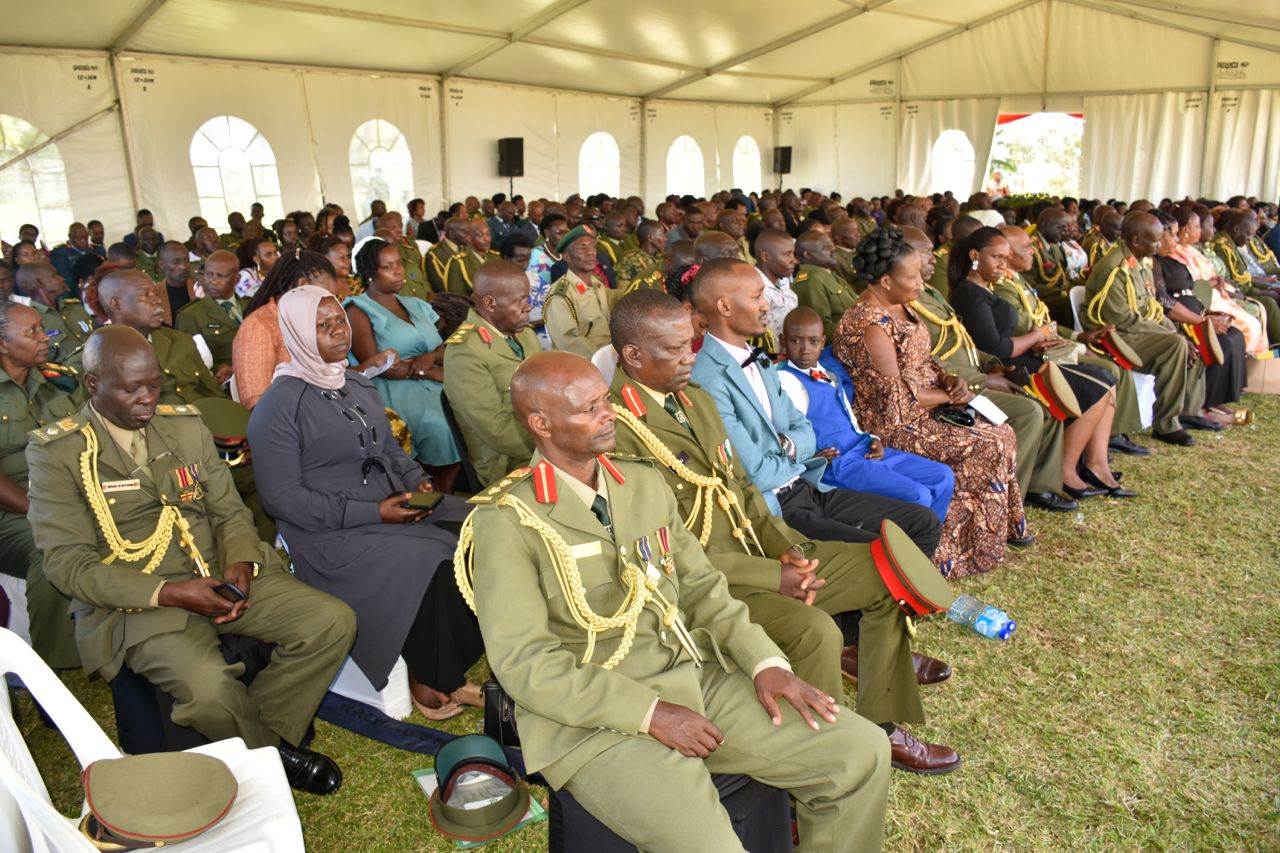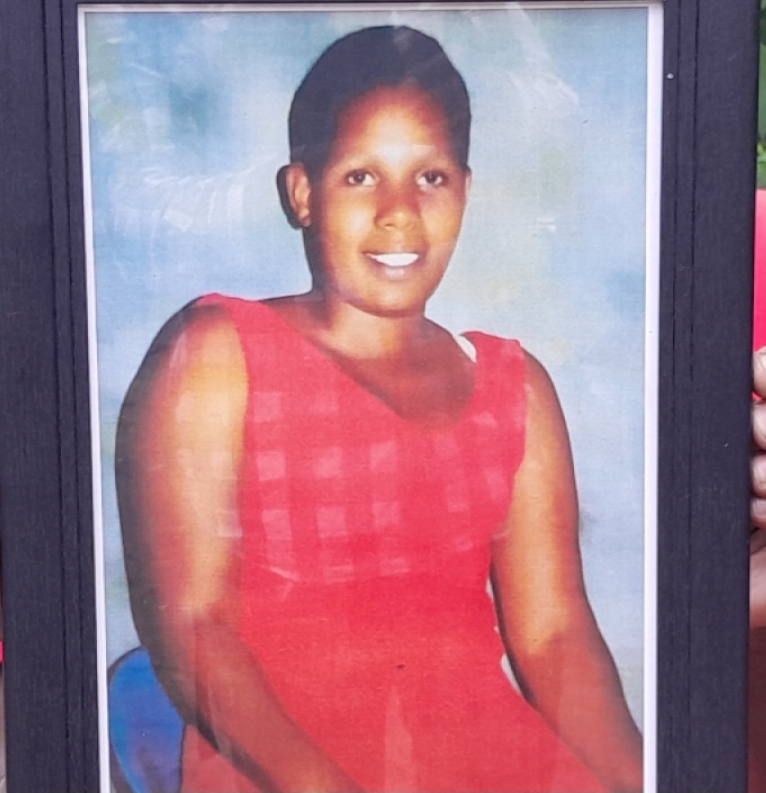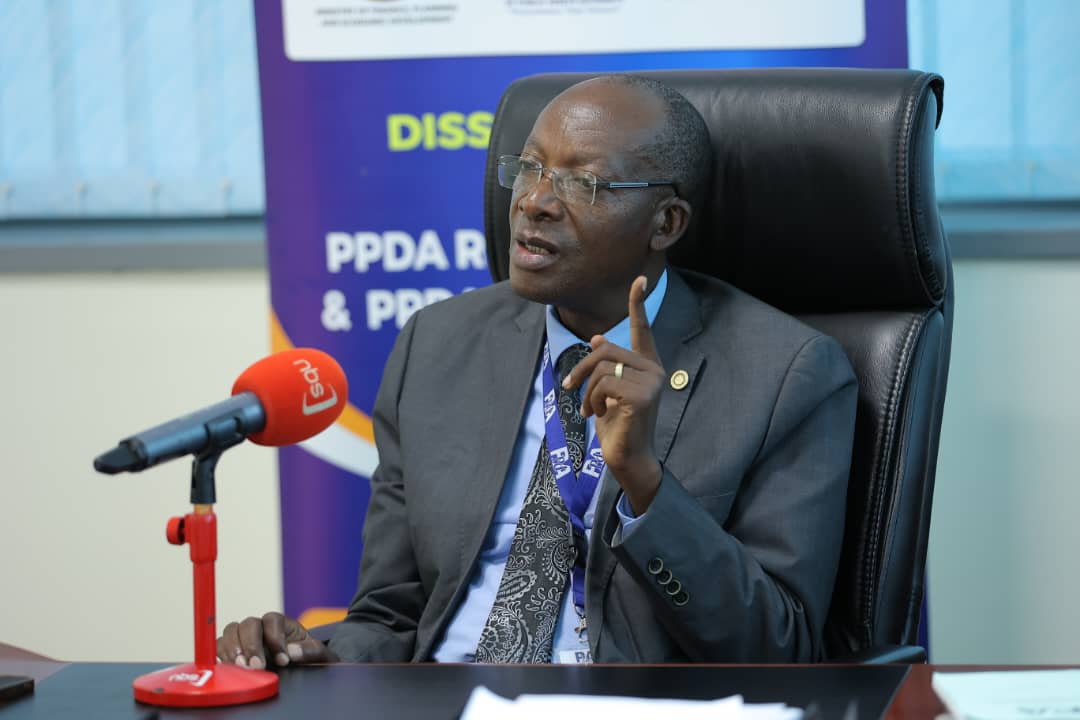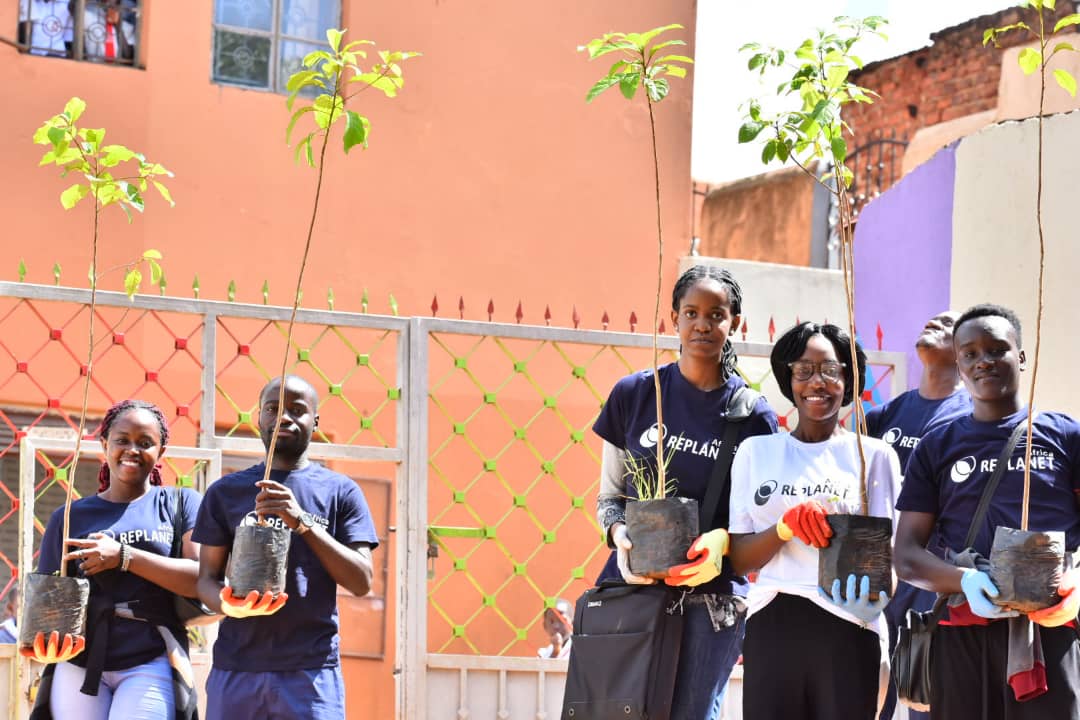Opinion: Is Uganda ready for the AFCFTA?
By Ivan Ojakol
Africa starts trading under the AFCFTA on the 1st of January, 2020, a watershed moment for our continent.
The agreement establishing the African Continental Free Trade Agreement (AFCFTA) came into force on the 30th of May, 2019 which was 30 days after ratification by the 22nd state party when Sierra Leone and the Saharawi Republic both deposited their instruments of ratification.
Studies by the World Bank and others indicate that the AFCFTA will create the largest trade pact in the world (This could change if China joins the Comprehensive and Progressive Trans-Pacific Partnership (CPTPP) trade agreement).
With Africa’s population of approximately 1.3 billion and a combined gross domestic product (GDP) of $ 3.4 trillion, the trade pact has the potential to lift millions of Africans out of poverty. The AFCFTA is expected to increase intra-African trade by over 52% which is currently between 15-17% in comparison to the European Union where it is over 65%.
The AFCFTA now stands at over 32 ratifications and Africa starts trading under it on the 1st of January, 2021 after the initial date of 1st July, 2020 was botched due to the COVID-19 pandemic. This ground-breaking pact has had its Phase I of negotiations more or less completed with its Protocols on Trade in Goods, Trade in Services, and Rules and Procedures on the Settlement of Disputes finalized.
Tariff concessions and Rules of Origin remain a sticky issue and are still outstanding.
Phase II will involve the negotiation of Protocols on Investment, Competition and Intellectual Property and now as communicated by the AFCFTA Secretariat secretary general, Wamkele Mene, the Protocol on E-commerce and Digital Trade will be fast-tracked and brought forward into Phase II with the upward trend of e-commerce during COVID-19 (it was originally targeted for Phase III of the negotiations).
Where is Uganda in all of this? What is the government of Uganda’s strategy? What is the government’s position on the AFCFTA? What tariff concessions is Uganda willing to make? Who is negotiating on Uganda’s behalf and are they the right people? Has the citizenry and/or business class been consulted comprehensively on this subject?
Are Ugandans aware of or even educated on the AFCFTA? Is the East African Community negotiating as a Customs Union especially in light of its current problems? What is Uganda bringing to the table as far as the digital trade discussion is concerned?
What lessons do we have to learn from our other on-going preferential trade arrangements with third parties? All these and more are pertinent questions on the AFCFTA for Uganda. Trade negotiations are an intense and immense task that involves a lot of homework and preparations.
African countries have long been known as ‘rule-takers’, rather than ‘rule-makers’ when it comes to negotiating multilateral and plurilateral trade arrangements. We many a time send the wrong people to negotiate these trade pacts on our behalf, usually politicians with little or no clue on the world of trade.
I could be wrong, but Uganda has to send the right people to negotiate the AFCTA on its behalf. There are trade experts in Uganda whose expertise should be tapped. We cannot be spectators on the AFCFTA. Private sector consultation and involvement is compulsory.
There is little or no evidence of the private sector's consultation on the AFCFTA thus far. Private sectors elsewhere are so powerful for instance in the case of Nigeria, the trade representative was recalled from Kigali and stopped from signing the Agreement establishing the AFCFTA in March 2018 because the Nigerian private sector protested that they had not been consulted by the government about the AFCFTA.
Uganda needs a National Action Committee on the AfCFTA akin to what the Nigerians have done. This Committee will be tasked with among others; research and development, capacity building, and monitoring and evaluation of the AFCFTA.
This committee must comprise industry experts from especially the private sector. This National Action Committee should be able to advise the government of Uganda on what we have to offer or what products Uganda has a comparative advantage in on the continent and how best to position ourselves in that regard; whether it is in coffee, tea, etc.
This same committee should take lead in negotiating the tariff concessions and Rules of Origin too on behalf of Uganda regarding the AFCFTA. Uganda has to be vociferous in Phase II of these negotiations. Our voice on digital trade and e-commerce should be loud and clear since we already are perhaps ahead of many African countries with our local legislation governing the technology sector in the areas of data protection and privacy, electronic transactions, payments, cybercrime, and telecommunications space.
More still needs to be done however to make the domestic economic environment conducive enough for trade and business, emphasis should be on Trade in Services.
Unfortunately, we shall be going into Phase II to negotiate a Protocol on Competition without a Competition Act in Uganda. Uganda has recently taken over the leadership of the African Regional Intellectual Property Organisation (ARIPO) with Bemanya Twebaze taking the reins at the continental intellectual property office and should therefore take a lead role in the negotiation of the Protocol on Intellectual Property.
Uganda is a member of a couple of Regional Economic Communities (RECs) like the Common Market for Eastern and Southern Africa (COMESA) and the East African Community (EAC) where several regional integration initiatives have been undertaken and are on-going.
These REC's as per the AFCFTA foundational agreement are the building blocs to the AFCFTA and the agreement goes on to state that state parties that have attained a certain level of integration regarding the elimination of customs duties and trade barriers shall maintain them and even improve upon them.
The EAC is currently at the level of a Common Market and simultaneously operates as a Customs Union under a Single Customs Territory. The EAC has unfortunately been in the recent past afflicted by political misunderstandings among its member states and trade wars like the Uganda-Kenya milk dispute.
Uganda has long been the pacifier in the region and should show leadership in bringing the EAC back on track for purposes of the wider AFCFTA. The Protocol on Trade in Goods has an Annex 4 on Trade Facilitation. Uganda is a party to the World Trade Organisation Trade Facilitation Agreement by its being a member of the World Trade Organisation.
The Trade Facilitation Agreement among others promotes customs co-operation, efficiency, and transparency. Annex 4 on Trade Facilitation is almost a copy and paste of the Trade Facilitation Agreement. Uganda and the EAC have made baby steps in the implementation of the Trade Facilitation Agreement taking advantage of the Special and Differential Treatment provisions therein.
It has adopted the single window system, cargo tracking, and Authorised Economic Operator model for example, but there is still no National Trade Facilitation Committee as provided for by the Agreement, among other shortcomings.
Uganda simply has to get its house in order and be more intentional about the AFCFTA, otherwise, it risks being at best a rule-taker and at worst on-looker on this one too.
The author is a trade lawyer with expertise on the AFCFTA.













